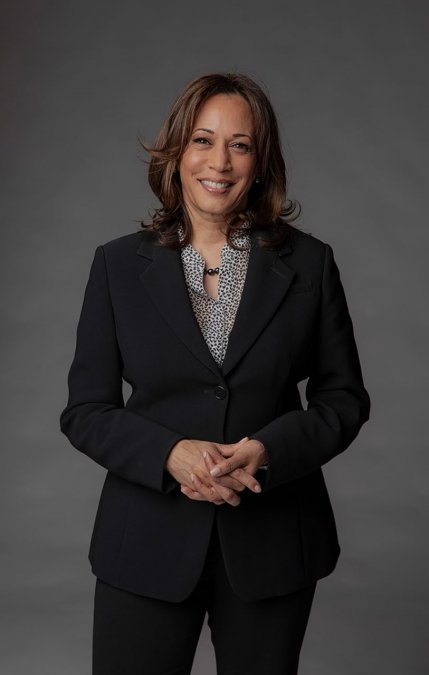The Rise of Harris
In the 1960 U.S. presidential election, two unique candidates faced off, both possessing distinct characteristics. However, the charismatic character of one needed to be seen on visual media to decisively pave the way to the White House.
John F. Kennedy was quite fortunate that the 1960 presidential election marked the first-ever televised debates in U.S. history, broadcasted on both visual and audio media.
The 1960 debate was unique because the opinions of those who watched it on visual media slightly differed from those who listened to it on the radio.
John F. Kennedy’s charismatic and unique appearance captivated the American public, while Richard Nixon, being unwell, appeared weaker with his pale and tired face.
Interestingly, while viewers considered Kennedy the clear winner of the debate, radio listeners tended to lean towards Nixon’s superiority.
Election debates are an excellent tool for understanding the programs, character, and personality of presidential candidates, although in recent cycles, fewer questions are asked about their main agendas.
In debates, candidates’ understanding of the people, domestic issues, and their perspective on foreign policy are well-demonstrated, allowing undecided voters to reach a final decision.
If Ronald Reagan’s charming and eloquent character could make Jimmy Carter a one-term president, Bill Clinton’s energetic, young, and articulate personality could lead George Herbert Walker Bush to defeat.
Debates alone do not necessarily determine the victory or defeat of presidential candidates in the U.S., but they can influence the votes of the candidates.
After Joe Biden withdrew from running again, largely due to weaknesses in the pre-election debate and opinions from Democratic Party elites regarding the debate’s outcomes, Kamala Harris had the opportunity on September 10th to elevate herself from the vice presidency to the presidency.
The Harris-Trump debate began with Harris attacking Trump, contrary to many viewers’ expectations. While Trump was adept at convincing his staunch supporters in the absence of an opponent, he showed less vigor than his rival in the first debate.
While Kamala Harris needed to introduce herself more to the American public, Trump did not, as his personality and domestic and foreign approaches were well-known from his previous presidency.
Therefore, Kamala Harris’s motivation in the September 10th debate was greater than Donald Trump’s. Harris was ready to prove to the party and Democratic supporters that she wasn’t chosen as a replacement for the elderly Joe Biden without reason.
She constantly tried to verbally pressure Donald Trump to irritate him, a tactic in which she was somewhat successful.
Regarding the September 10th debate, even Republican publications did not label Harris as the loser and instead criticized the questions posed to her on a network more inclined towards Democrats. However, none claimed a decisive victory for Trump or a defeat for Kamala Harris.
The most important message from the September 10th debate was that Kamala Harris could reach the White House, although she and her campaign still have more efforts to make.
In conclusion, if Harris becomes president, she should not forget that her launch to the White House started from Philadelphia, the populous city in the pivotal state of Pennsylvania, where securing its electoral votes could be one of the most decisive for reaching the White House.

